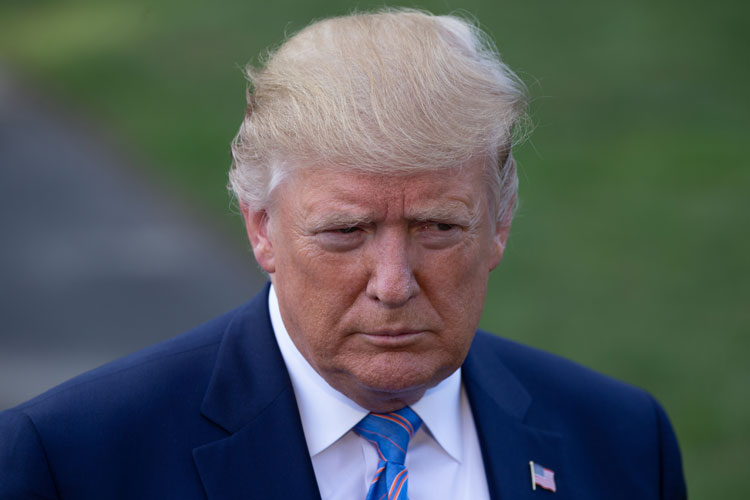Psychedelics Are Cheap. Psychedelic Treatment Is Not.
By Vincent Joralemon
Psychedelics hold immense potential to address an array of conditions that are otherwise challenging to treat, but accessing these therapies can be costly, which means that potential benefits will be stratified along the lines of socioeconomic status.
This is an acute concern, because many with conditions that psychedelics may help to treat — such as post-traumatic stress disorder, postpartum depression, treatment-resistant depression, and alcohol use disorder — lack the resources to pay for effective health treatments.
Drugs Are Cheap, Therapy is Not
Psychedelics themselves are not very expensive. Purchased on the street (which I do not recommend you do), one can have a psychedelic experience on drugs like ketamine, psilocybin, MDMA, or LSD for around $5–$25.
But that is just the cost of the actual drugs. In order to limit risks associated with these substances, patients may need to do so in a clinic with a range of safety precautions. Think about it: a psychedelic “trip” can take several hours. That requires having staff on hand for a long period of time to ensure the safety of vulnerable patients submitting to a disorienting experience.
Further, research suggests that these substances work best when taken with a therapists’ support. For example, in a recent study, depressed patients who received ketamine treatment followed by “self-association training” exhibited significant improvements in their depression scores over those who did not receive the follow-up therapy. For drugs like MDMA, legal use will probably require multiple therapy sessions with a trained clinician — estimates of the recent Phase 3 MDMA trials put the cost at over $11,000 per patient. Many worry that profit-seeking entrepreneurs will see an opportunity and drive those prices even higher.
Ketamine: A Cautionary Tale
Ketamine, which had a rocky rollout as an antidepressant treatment, showcases the complexities in this space. The FDA approved S-ketamine to treat depression in 2019. Since then, “psychedelic therapy startups” have sprung up offering ketamine in a variety of formats — with varying degrees of success.
For example, Field Trip Health was a prominent early provider in this field, offering six-session packages of Ketamine-Assisted Psychotherapy for around $5,000. Patients could omit the psychotherapy and simply receive in-clinic infusions (with staff on hand to address safety concerns) for around $3500.
Compare those prices to those charged by Joyous, a telehealth company that ships ketamine directly to customers for about $130 per month. Through Joyous, customers can legally and (relatively) affordably get ketamine treatment to take in the comfort of their own homes.
This price disparity undoubtedly makes at-home use attractive to many patients. Yet, experts fear that using ketamine therapy at home for depression, without the oversight and guidance of a trained clinician, is potentially ineffective, dangerous, and subject to abuse. While ketamine overdoses (compared to other drugs like MDMA) are relatively rare, traumatic injuries sustained by those under the influence of the drug are not. With more patients taking the drug away from the safety precautions of a clinic, experts worry those numbers might increase.
No Simple Solution
This dichotomy illustrates the difficult decision patients face between costly psychedelic-assisted therapy and the more affordable option of taking these drugs at home. Some may not have a choice at all, given the exorbitant cost of psychedelic-assisted therapy. (On the supply side, it comes as no surprise that Field Trip had to close several locations and sell off many of their assets over the past year.)
There are few obvious solutions to bridge the disconnect between patient need and ability to pay for these treatments. Patients may be more willing to purchase treatment plans if insurance covers them, but insurers are hesitant to fully cover psychedelic-assisted therapies. This is partly due to lingering skepticism from the “War on Drugs” and partly because coverage is often tied to FDA approval, which is challenging to obtain in an area where many of these drugs are scheduled narcotics and debates over patents have complicated the incentive structure necessary to pay for clinical trials.
Still, to me, the most promising route to access is probably through FDA approval (which means more clinical trials) and expanded insurance coverage. Some novel approaches have already been implemented, and the rollout of FDA-approved MDMA-assisted therapies (which some predict will come as soon as next year) will likely inspire more ingenuity to increase access.
Yet, insurance coverage alone is an imperfect solution because millions of Americans have no health insurance. Yet, inroads have been made by organizations such as the Sage Institute to bring access to these drugs, and their potential, to those most in need.
Many feel that we are on the brink of a “psychedelic revolution” — but I think the success of that movement will largely depend on public opinion. If prices remain exclusionary in this field, the public may view psychedelic therapy as a luxury for the rich — and perceptions may well remain quite negative. If, however, we can figure out a way to get psychedelic therapy to reach those most in need, we may well be on our way to a true paradigm shift.
I’ll be discussing the problems of costs, access, and misaligned incentives in this industry throughout the year. If you have any innovative ideas, I would love to hear about them in the comments below.






